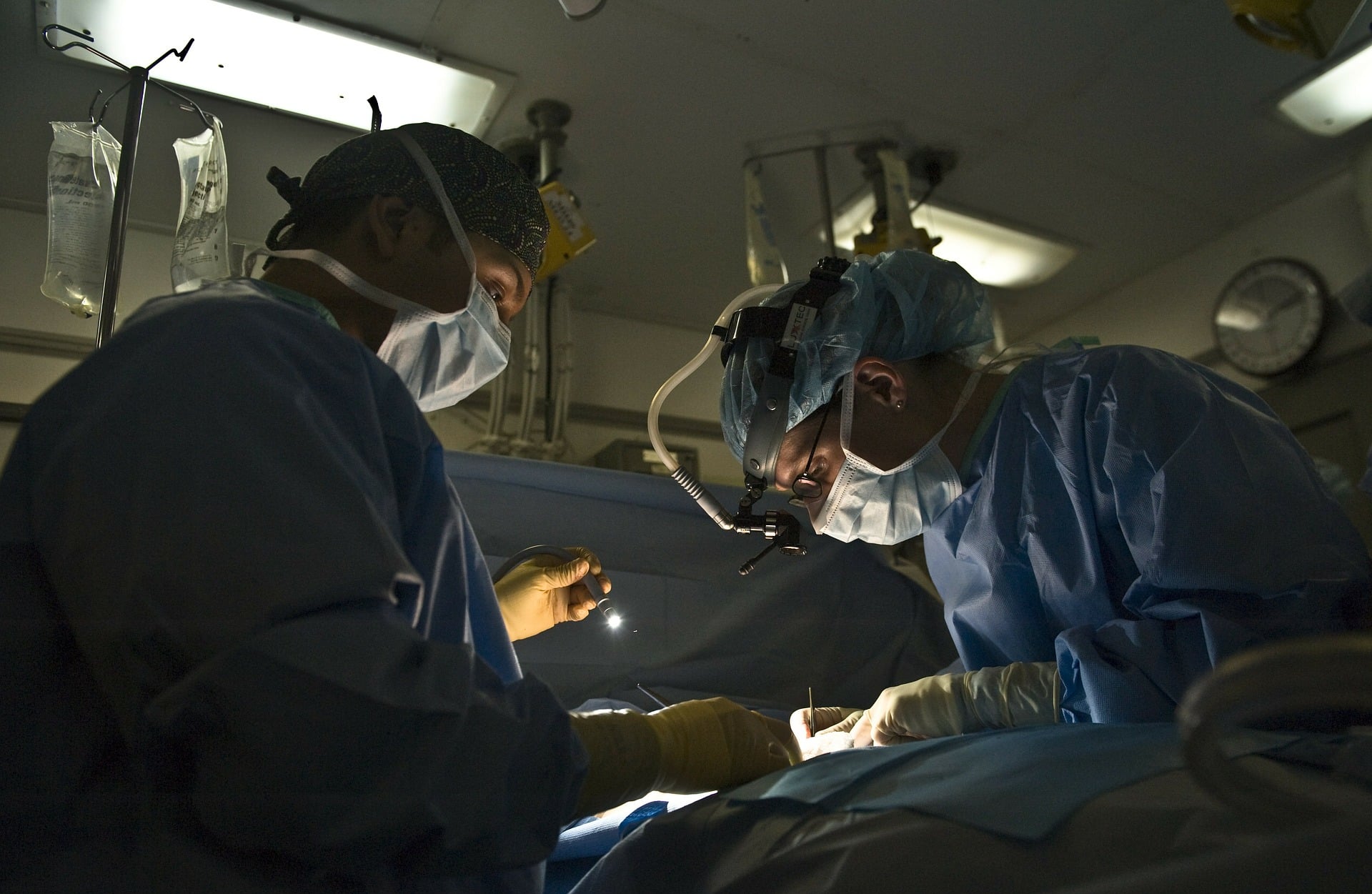4 Signs of a Botched Heart Surgery

There are many procedures that fall under the umbrella of heart surgery including heart bypass, angioplasty, heart transplant, and cardiac valve replacement. All of these procedures are intended to repair damage to one of the body’s most important organs. Although these surgeries save lives every day, it’s not uncommon for complications to arise that cause serious injury, permanent disability, or death.
Because each patient and each kind of heart surgery is unique, the signs and symptoms of a botched operation can vary from one case to the next. Certain symptoms, however, are far more common than others. They include:
- Bleeding
- Swelling and other signs of inflammation
- Infection
- Fever
These symptoms can be caused by a wide array of medical conditions, some of which are relatively benign. But it’s important that you seek medical care right away if you suspect something is wrong after undergoing heart surgery.
There are, of course, many less-common signs of a botched heart surgery, some of which are critical and immediately apparent after the operation. For example, Tetralogy of Fallot (a hole between the two heart ventricles) is one of the most common congenital heart disorders and is often treated via elective cardiac catheterization. If the heart surgeon does not remove enough muscle from the correct location of the heart, the patient can develop low blood pressure, heart dysrhythmias, metabolic acidosis, decreased urine output, seizures, and tachycardia. If left undiagnosed for just a few days, the patient may suffer permanent brain damage, renal failure, and other serious, long-term complications.
What Should I Do If I Suspect My Heart Surgery Was Botched?
Your first step should be to contact your healthcare provider immediately to discuss your symptoms and to get a diagnosis. Many surgical errors can be corrected, but depending on the circumstances, a permanent complication may arise if the condition is left untreated.
You should also consider getting a second opinion. Another specialist can diagnose your symptoms and provide insight regarding whether a surgical error may have occurred.
After addressing your immediate medical needs, contact a heart surgery malpractice lawyer. A seasoned attorney can review your medical records and assess the facts of your case to determine if you have grounds for a claim against the surgeon, another healthcare provider, or the facility where the procedure was performed. If you decide to pursue legal action, your lawyer can take over the logistics of your case so you can focus on your health.
Below are a few steps you can take to strengthen your medical malpractice claim:
- Keep a journal about your symptoms, medication side effects, and how the injury is affecting your life;
- Don’t discuss your injury or case on social media;
- Follow your doctor’s treatment instructions; and
- Direct all correspondence from the opposing party or the insurance company to your attorney.
Discuss Your Case with a Heart Surgery Lawsuit Attorney in Florida
If you or someone you love suffered a botched heart surgery, contact Emerson Straw for a free case review. We will answer your questions and help you determine the most strategic way to proceed with your medical malpractice claim.
We have more than 40 years of combined experience representing the injured and their families. Call (727) 821-1500 or send us a message to schedule a free consultation.
